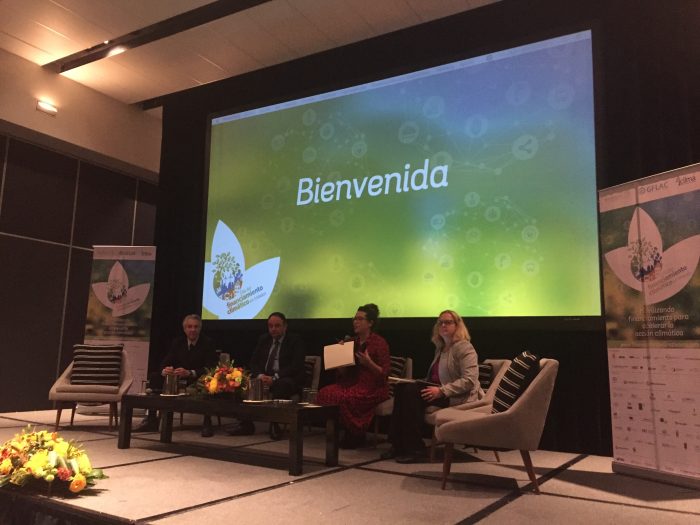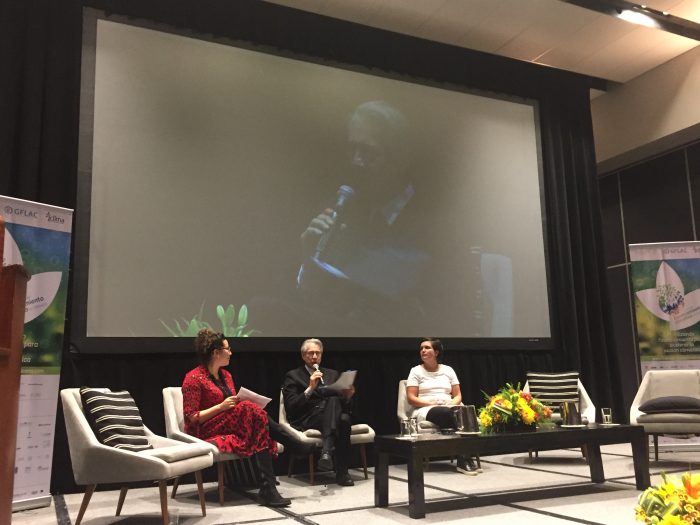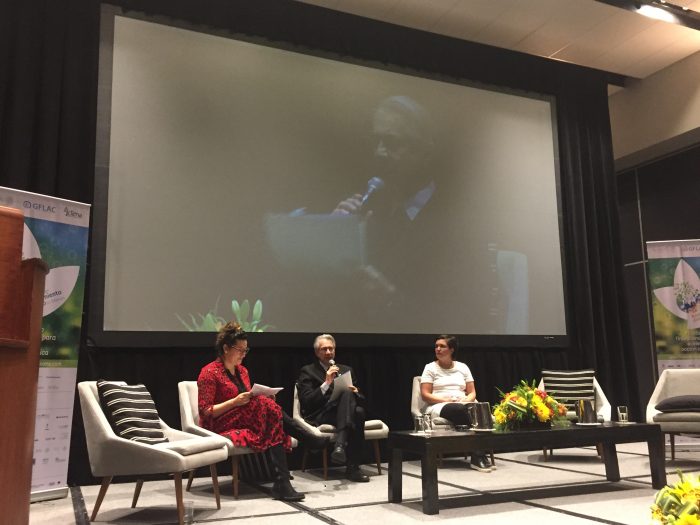The “Climate Finance Day in Mexico” (DFCMX) was held in Mexico City on September 18. At the event, diverse stakeholders interested in climate change exchanged lessons learned, challenges and opportunities related to the access, management, allocation and mobilization of financing for achieving the climate change goals established by the Mexican Government at the national and international level.
The DFCMX included two keynote speakers and eight thematic sessions, and was attended by stakeholders from the public, social, academic, financial and private sectors—all of whom agreed to the crucial role of financing in dealing with challenges related to climate change.
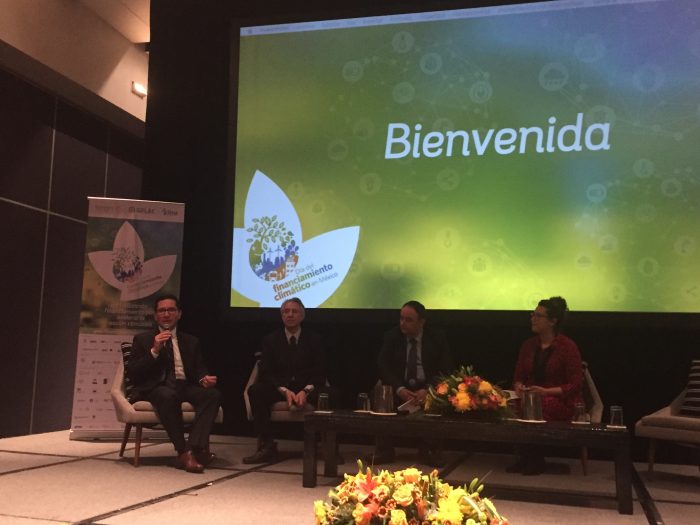
The Mexican Government has estimated that to comply with its Nationally Determined Contribution (NDC), “The total expenditure needed during the period 2014–2030 is 126 billion USD (approximately eight billion USD, per year). On the other hand, the cost of not acting has been estimated at about 143 billion USD for the country.”
Transparencia Mexicana and the Climate Finance Group of Latin America and the Caribbean (GFLAC) have estimated that climate financing granted by multilateral and bilateral agencies during 2017 and 2018 was about 730.7 million USD [1] (approximately 365.3 million USD, annually).
In terms of public financing for climate change, according to Annex 16 of the federal budget, the resources allocated for climate change amounted to about 2.045 million USD in 2017 and 3.248 million USD in 2018. In 2017, the total amount of resources (from international agencies and the federal budget) for climate change was approximately 2.410 million USD—just 1.9% of the annual investment needed to tackle climate change.
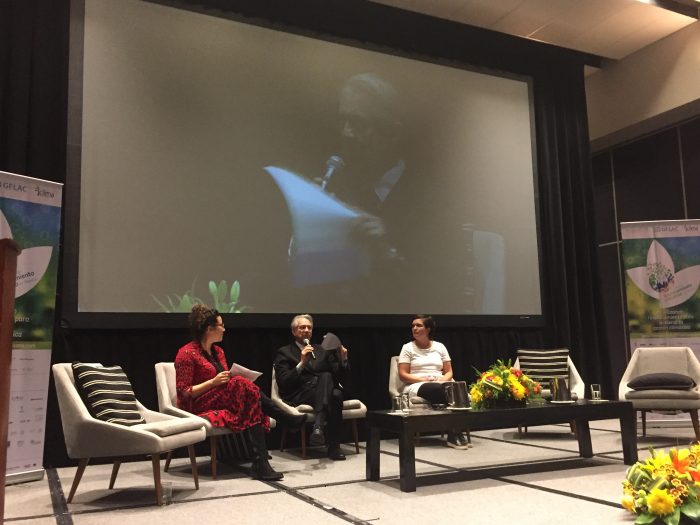
Although different efforts have been made to finance climate projects, important funding gaps remain. This makes resource mobilization from private and financial sectors imperative. During the event, commercial, multilateral and national development banks, as well as other financial entities like the Bank of Mexico and the Mexican Stock Exchange, discussed the various steps currently being taken to address the lack of climate financing. However, most of the projects they identified are still in their early stages and thus not yet integrated into the financial sector.
The DFCMX was organized by GFLAC in collaboration with the Ministry of the Environment and Natural Resources (SEMARNAT) and the Climate Initiative of Mexico, as well as a large number of allies and sponsors, including the Deutsche Gesellschaft für Internationale Zusammenarbeit (GIZ) GmbH. The event seeks to be replicated each year, and to build on the support of actors that participated in this year’s event.
https://www.financiamientoclimaticomx.com/
[1] The figure is deflated in regard to the baseline year 2017 and is reported in millions of dollars of the same year. Moreover, the figure only refers to amounts granted by different funds of multilateral and bilateral sources, but does not include co-financing amounts and counterparts or transnational projects that include Mexico and other countries, as there is no certainty of how many resources will be allocated to the country.
